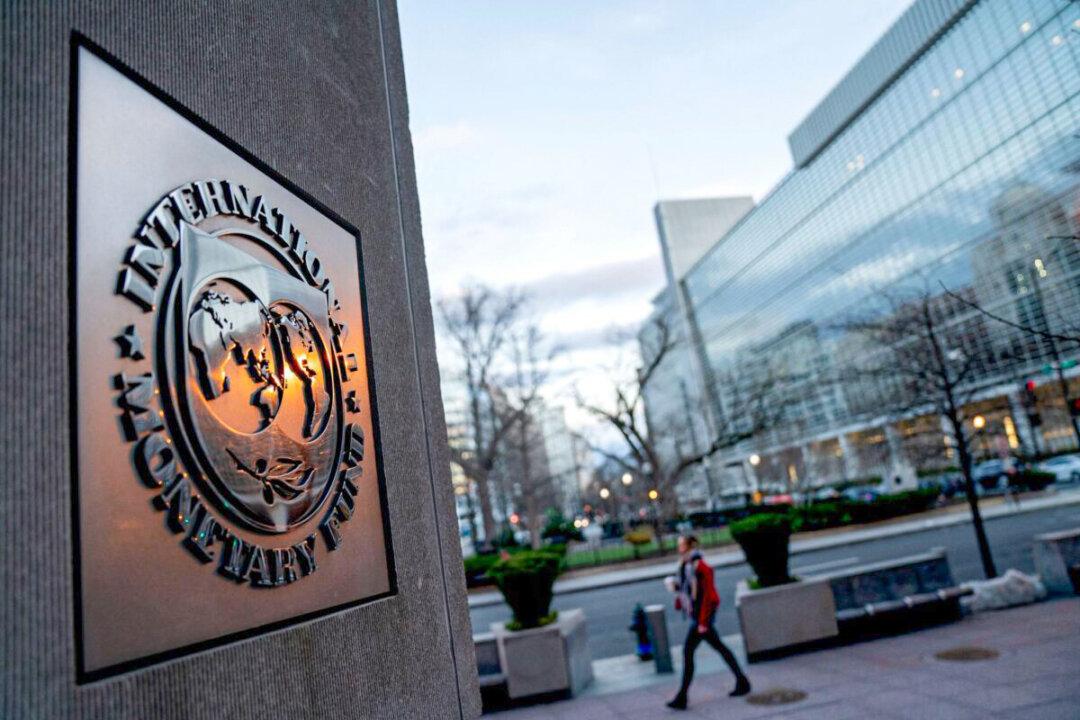The International Monetary Fund (IMF) and global investment banks have slashed their forecasts again for China’s GDP growth as its “economy shows signs of losing steam.”
On July 24, JPMorgan Chase lowered its China GDP forecast to 5 percent, down from 5.5 percent previously, which is the sixth adjustment that the firm has made this year. Citigroup and Morgan Stanley lowered their forecasts to 5 percent this month.




